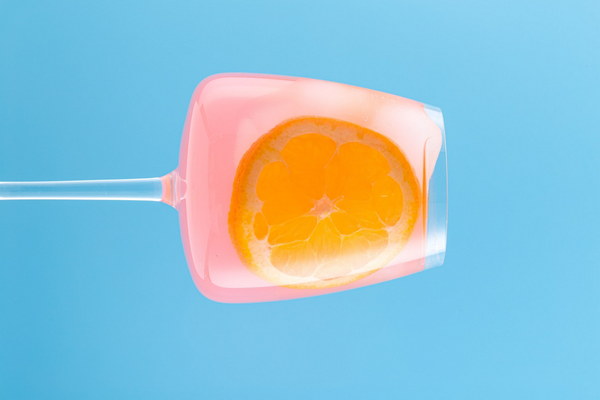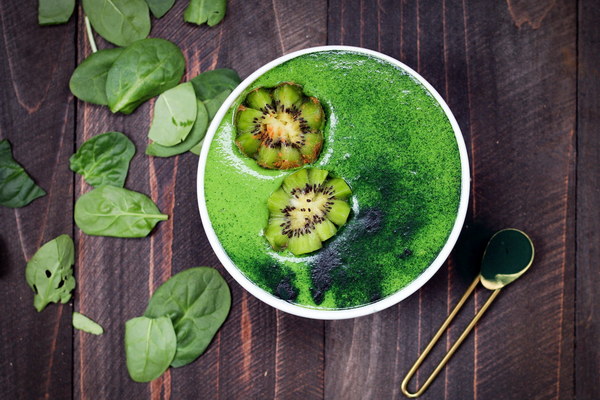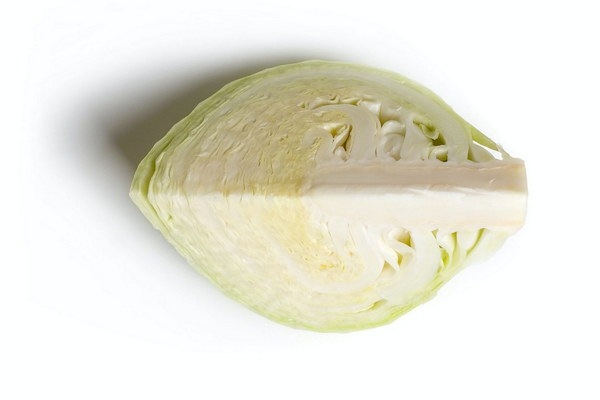Does LiverCare Tea Increase Dampness in the Body
In recent years, liver-care tea has gained immense popularity as a natural remedy for improving liver function and overall health. However, many people are concerned about the potential side effects of this herbal tea, particularly its impact on dampness in the body. In this article, we will explore whether liver-care tea can indeed increase dampness and what you can do to minimize this risk.
Firstly, let's understand what dampness means in the context of Traditional Chinese Medicine (TCM). Dampness is one of the seven pathogenic factors that can lead to various health issues. It refers to an excess of fluid accumulation in the body, which can cause discomfort such as fatigue, bloating, and poor digestion. In TCM, dampness is often associated with liver imbalances.

Liver-care tea is typically made from various herbs that are believed to support liver health, such as dandelion, milk thistle, and schisandra. These herbs are known for their detoxifying properties, which can help to eliminate toxins and improve liver function. However, some of these herbs may also have dampness-producing properties.
One of the main concerns regarding liver-care tea and dampness is its impact on the spleen, which plays a crucial role in the digestion and absorption of nutrients. When the spleen is weak, it can lead to the accumulation of dampness in the body. Therefore, if you already have a spleen deficiency or dampness in your body, consuming liver-care tea might exacerbate your symptoms.
To determine whether liver-care tea increases dampness, we need to consider the following factors:
1. Individual constitution: Each person has a unique constitution that determines their body's response to various substances. Some individuals may be more susceptible to dampness than others. If you have a history of dampness or spleen deficiency, it is advisable to consult a TCM practitioner before starting liver-care tea.
2. The quality of the tea: The quality of the herbs used in liver-care tea can significantly impact its dampness-producing properties. High-quality, organic herbs are less likely to exacerbate dampness compared to those grown in poor conditions or containing chemical residues.
3. Dosage and frequency: The amount and frequency of liver-care tea consumption can also influence its effect on dampness. It is important to follow the recommended dosage and not exceed it. Moreover, it is best to consume liver-care tea in moderation and not make it a daily habit.
Here are some tips to minimize the risk of dampness when consuming liver-care tea:
1. Consult a TCM practitioner: Before starting liver-care tea, consult a TCM practitioner who can assess your individual constitution and recommend the appropriate dosage and frequency of consumption.
2. Choose high-quality herbs: Opt for liver-care tea made from high-quality, organic herbs that are less likely to produce dampness.
3. Monitor your body's response: Pay attention to any changes in your symptoms after consuming liver-care tea. If you experience an increase in dampness symptoms, discontinue the tea and consult a healthcare professional.
4. Balance your diet: Consume a balanced diet rich in fiber, lean protein, and fresh vegetables to support liver health and prevent dampness.
5. Exercise regularly: Regular physical activity can help improve digestion and reduce the risk of dampness.
In conclusion, while liver-care tea has numerous health benefits, it is essential to consider its potential impact on dampness in the body. By consulting a TCM practitioner, choosing high-quality herbs, and monitoring your body's response, you can minimize the risk of dampness and enjoy the benefits of this herbal tea.









